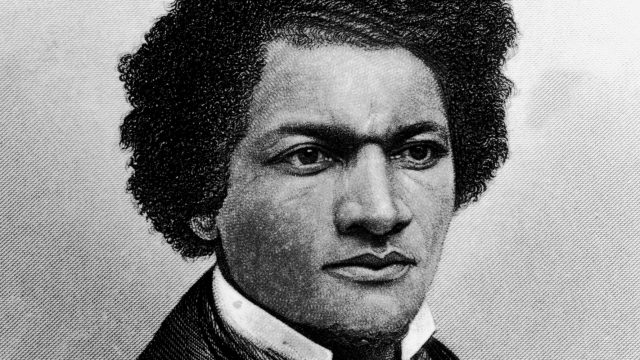Matt Evans: Common Core Leaving Important History Out Of The Classroom

“Who controls the past controls the future; who controls the present controls the past.”
— George Orwell, 1984
The Advanced Placement tests are a series of subject-specific optional tests that high school students may take. Many American universities grant college credits to students who have received high scores on AP tests. Passing the tests is one of the most affordable ways to get college credits.
Typically, students who will be taking AP tests take a year-long supporting class in high school that focuses on the requirements of the test. The tests are created by the College Board, the same folks who make the SAT college entrance exam.
I received an email from “North Dakotans Against Common Core” that was raising an alarm about the new 2015 US History AP test, and how it was common core aligned, and had some interesting defects. Specifically, the email made the following claim:
“Almost total silence about the Founding Fathers, including no mention of Jefferson, Franklin, Madison, and Adams, and almost none of the Declaration of Independence.”
I decided to look into it a bit. Here is a link, directly from the College Board (the people who make AP tests), describing the changes and content in the 2014/2015 US AP History exam that will be given in the spring of 2015.
One thing that I noticed immediately, on page 10, is the following underlined claim:
Beginning with the May 2015 AP U.S. History Exams, no AP U.S. History Exam questions will require students to know historical content that falls outside this concept outline.
This seems reasonable: the test isn’t going to ask kids about things that they may have never heard of before. The reasoning, which they state later, is:
“Optional Content…the exam questions will never focus on any illustrative example from this framework….This approach enables teachers to spend less time rushing through historical details and instead provides them and their students with flexibility to study specific historical events or individuals in greater depth.”
This also seems reasonable, although the idea of a history curriculum without details is somewhat alarming. There is a tremendous volume of content to squeeze into two semesters of US History. When I was in high school, AP History was the AP test that people studied the hardest for, and had no idea how well prepared they were going into the actual test.
Given this explanation from the AP source material, I think I see what the ND Against Common Core folks are concerned about: the things that aren’t going to be on the AP test, and therefore may not be covered in class, because they are optional content. As you read through the AP document, optional illustrative examples are called out in grey boxes. These are topics that a teacher may decide to cover, but which will not specifically be on the test. These are some of the optional topics that I came across that I was surprised were “optional”:
- Stamp Act,Intolerable Acts
- John locke, Rousseau, Adam Smith
- KY and Virginia Resolutions
- Abigail Adams
- Frederick Douglass
- John James Audobon
- Monroe Doctrine
- Mormons, Gold-Rush, Homestead Act
- JD Rockerfeller, JP Morgan
- New Deal Topics: Federal Reserve Bank, TVA, National Recovery Administration, Social Security Act, FDIC
- Black Panthers
- Watergate
I didn’t come across anything that confirmed or refuted the claim that Thomas Jefferson was written out of the test, but I was surprised that Frederick Douglass was an optional character. In fact, one of the sample questions in the test has a quote from Douglas, but doesn’t expect you to know who he was, and instead asks you which historical point of view he was most likely aligned with based on a quote.
Is it reasonable to expect that some of our best high school history students will go into the university with two semesters of history, and not know about Watergate, the Monroe Doctrine, the Stamp Act, Frederick Douglass, or the Black Panthers?
The underlying issue, of course, is that opponents of common core claim that there are sinister motives for everything related to common core. Their claim isn’t that the people realigning tests and content are necessarily setting out to do evil, rather, the claim is that some or all of the CC architects are people who have a worldview and societal goals that, to be understated, not everyone agrees with.
In the specific case of the AP History test, omitting certain facts while emphasizing other themes is likely to shape the way young people think about the past, and therefore, the future.




